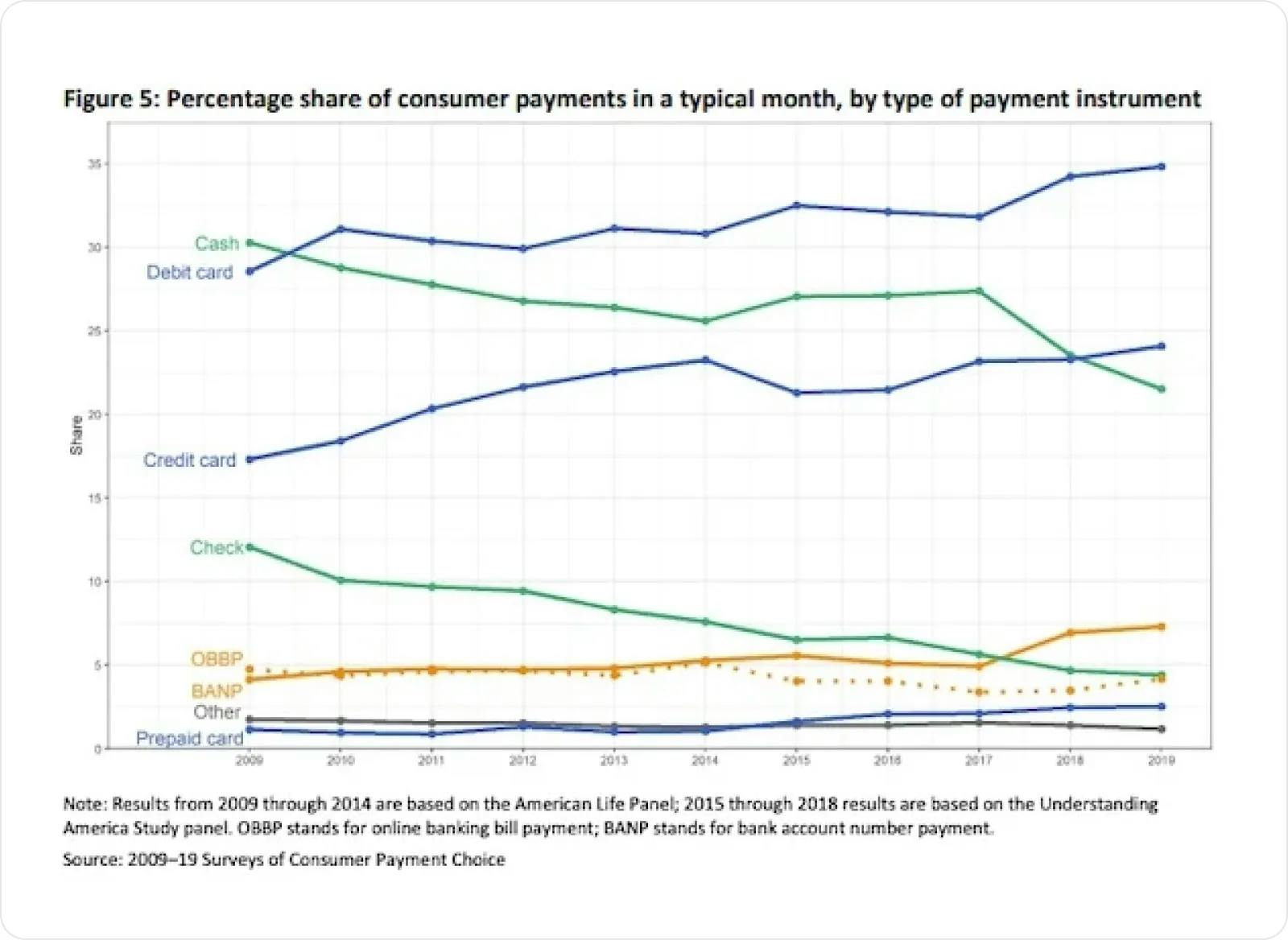Services
Services
Services
Services

Please note: This post contains affiliate links and we may receive a commission if you make a purchase using these links.
A recent trend in retail has been the rise of businesses going cashless; many companies large and small have been experimenting with accepting cashless payments from mobile apps. Some businesses have gone even further and only accept payments from credit cards, debit cards or mobile apps instead of cash.
Is starting a cashless business the right decision for you? That depends on a few factors, including your business location, what kind of business you operate and the needs and concerns of your customers.
There can be some advantages if you choose to go cashless. For example, cash can be risky and complicated to manage. If your business has a lot of cash on hand, you might worry about getting robbed, getting counterfeit bills, being defrauded by employees or paying for extra costs of keeping cash (like an in-store safe, extra trips to the bank and complex accounting for cash).
Running a cashless business can be easier because it lets you keep track of all of your income and handle your business accounting without the complexities of cash management. If you run an online business, it can be easy to operate as a cashless business, since most of your transactions are not happening in person.
Some cashless stores have reported being able to process up to 15 percent more sales per hour by going cashless . This can mean more profit for the business, the ability to serve more customers and saved time for employees who don't have to count change and balance a register.
Many business owners might assume that it’s easy to go cashless because most customers aren’t paying with cash anymore. But the reality is more complicated. Cash has become slightly less popular as a payment method in recent years. According to a 2019 survey from the Federal Reserve, debit cards and credit cards are the two most commonly used ways for people to make payments , while cash has fallen to third most popular.

The 2019 Survey of Consumer Payment Choice: Summary Results
But people are still using cash. The Federal Reserve study also found that although half of consumers used at least one mobile payment method in a typical month during 2019, consumers used cash to make 30 percent of in-person retail payments .
If you go completely cashless and stop accepting cash payments at all, you might lose out on a part of revenue. Some customers simply prefer to use cash or may not have their wallet or phone with them when they’re buying from your business but it's safe to say that this section of buyers could be small. Depending on what you sell and which customers you serve, it's worth investing in a survey asking if they are ready to go cashless.
It is also recommended to check if your local government allows completely cashless stores. New York City, San Francisco, Philadelphia and the states of Massachusetts and New Jersey all have laws on the books that require businesses to accept cash .
Adopting a “cashless first” business model means prioritizing and encouraging the use of digital and card payments, but still accepting cash. Many consumers are enthusiastic about trying new payment methods like mobile payments, contactless payments and others. Utilizing a cashless first mindset may help you reduce the cash that comes in and out of your business without turning away customers who are unable or do not want to use other methods.
If you want to move to a cashless or cashless first business, some of the best cashless payment solutions for small businesses include:
Next, after you have decided the cashless payment solution you want to go ahead with, here's how to get started and let your customers know about your cashless or cashless first approach:
Through all this, keep in mind that there are a variety of fees that merchants have to pay for accepting payments via mobile payment and contactless payment apps. The fees usually range from 2.4 percent to 2.9 percent (or more) per transaction , and some of the payment options charge you a monthly fee or daily batch fee as well. You will want to evaluate your options for your business needs and how much you’re willing to pay before you choose a mobile point-of-sale system; some businesses have more elaborate needs than others.
Going 100 percent cashless might be a good strategy in times to come, given the current circumstances, while for some businesses, it might still not be a viable option. By offering a wider array of options for payment, your business can make life easier for your customers and serve the biggest possible market.

Ben Gran is a freelance writer from Des Moines, Iowa. Ben has written for Fortune 500 companies, the Governor of Iowa (who now serves as U.S. Secretary of Agriculture), the U.S. Secretary of the Navy, and many corporate clients. He writes about entrepreneurship, technology, food and other areas of great personal interest. Read more


Get Bizee Podcast
Join us as we celebrate entrepreneurship and tackle the very real issues of failure, fear and the psychology of success. Each episode is an adventure.